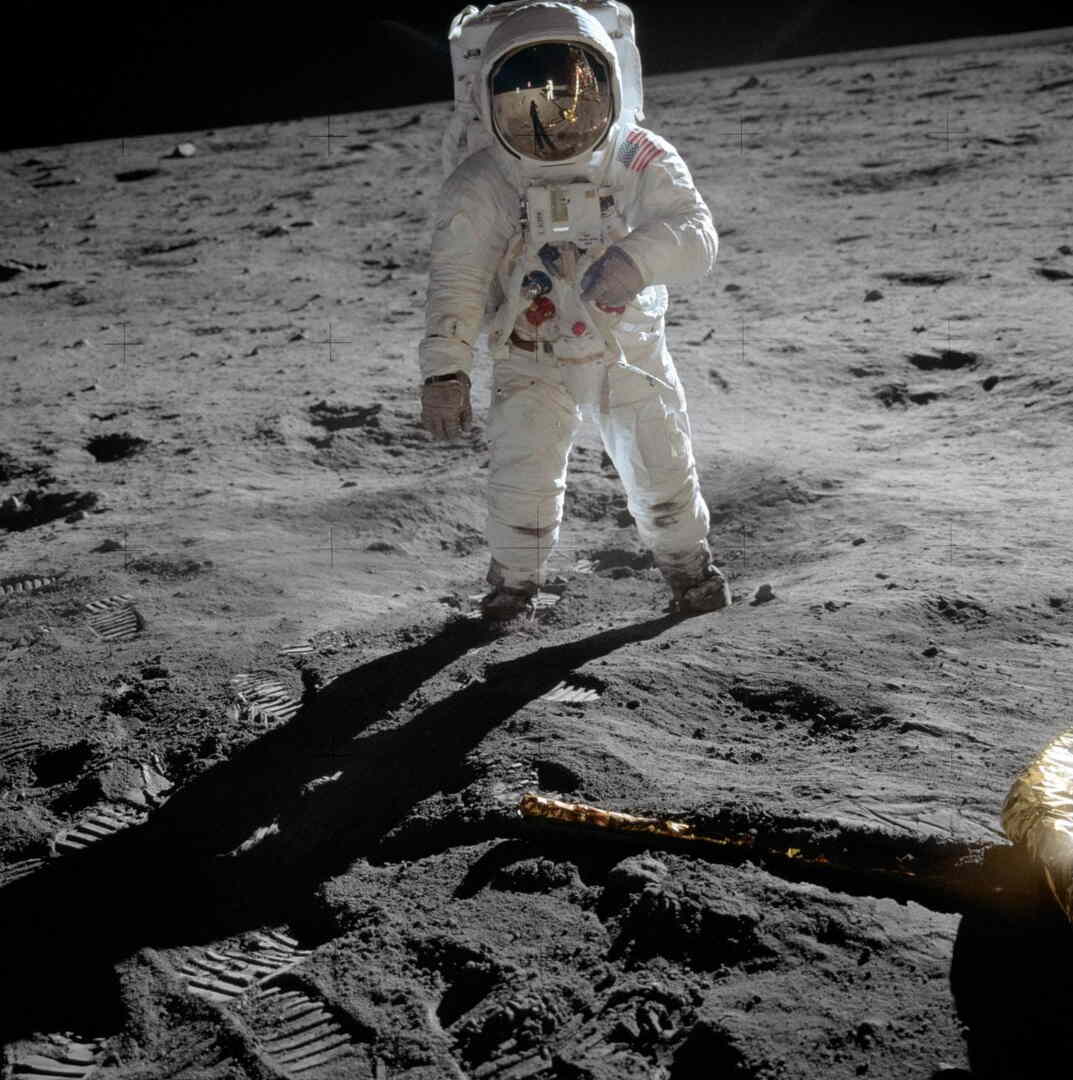
Buzz Aldrin’s Battle with Alcoholism: How He Overcame His Addiction
In light of the 50th anniversary of the moon landing, Buzz Aldrin reflected on his triumphant trek into space with fellow astronauts Neil Armstrong and Michael Collins.
“Neil remembers we shook hands, and I recall putting my hand on his shoulder and we smiled,” said Aldrin of the historic occasion. Together, the two men had achieved an enormous feat—after many failed missions before them, they had been the first to walk on the moon.
Born Edwin Aldrin in 1930, Buzz graduated from the Massachusetts Institute of Technology with a degree in astronautics. He completed his first space flight in 1966, with the epic Apollo 11 mission following shortly behind in 1969.
Hailed as American heroes, Aldrin and Armstrong returned from their mission to much fanfare. Aldrin in particular struggled to adjust to his new reality—how could he explain the life-changing experience of visiting the moon?
After returning from their mission, the three astronauts embarked on a whirlwind world tour. The recognition was unlike anything the three men had ever experienced, and the journey was tiresome. As Aldrin navigated his new life and career after the moon landing mission, he began to experience feelings of isolation and depression—even as the world celebrated in his success.
Struggling with Depression—and Turning to Alcohol
Aldrin buried his pain and depression, not allowing himself to share how he was feeling with others. As his depression worsened, Aldrin found himself turning to alcohol.
In his memoir, Magnificent Desolation, he remembered, “More and more, I turned to alcohol to ease my mind and see me through the rough times. Because I could handle my drinking — or so I thought — and could consume a lot of alcohol without becoming uncontrollably inebriated, I refused to see it as a problem.”
His inner struggle seemed to stem from his accomplishment, writing that he realized he “had done all that [he] ever set out to do.”
While alcoholism and depression are separate conditions, they often occur together. In a report by the Centers for Disease Control and Prevention (CDC), specialists found that“heavy drinkers were approximately three times more likely to have clinically significant depressive symptoms than nondrinkers.”
Co-occurring disorders are present in many individuals who suffer from addiction, which must be taken into consideration when pursuing treatment. Mental health disorders and substance abuse are closely intertwined, and those that struggle with both are at a higher risk for medical illnesses, further isolation, and continued patterns of relapse.
Aldrin reflected on his mental health in his memoir, exploring his familial connections to depression more in-depth. His mother Marion Moon committed suicide mere weeks before the Apollo 11 mission; Marion’s father also took his own life. Aldrin admitted that he feared his genetics would cause him to suffer the same fate.
In Aldrin’s case, his alcoholism put significant stress upon his marriage, and eventually led to his divorce. Throughout the 1970s, Aldrin continued to struggle with depression and alcoholism, even being forced to take a job as a car salesman to make ends meet—an unsuccessful venture and low point for the once-celebrated astronaut at the peak of his professional success.
In 1975, Aldrin checked in to a rehabilitation center, though he did not achieve sobriety until three years later, in 1978. After a tumultuous near-decade, Aldrin began the rewarding—yet intensely difficult—journey of recovery. The now 89-year-old has not taken a drink in over 40 years—a feat that he is extremely proud to have overcome.
As he once told Telegraph, “I have a lot of frailties, a lot of shortcomings, but I am a much more productive person now than I ever was at the peak of my astronaut career.”
Today, Aldrin has many anniversaries to celebrate. While it has been 50 years since his walk on the moon, it has been 40 years since his “birthday”—a recommitment to and reclamation of his life.